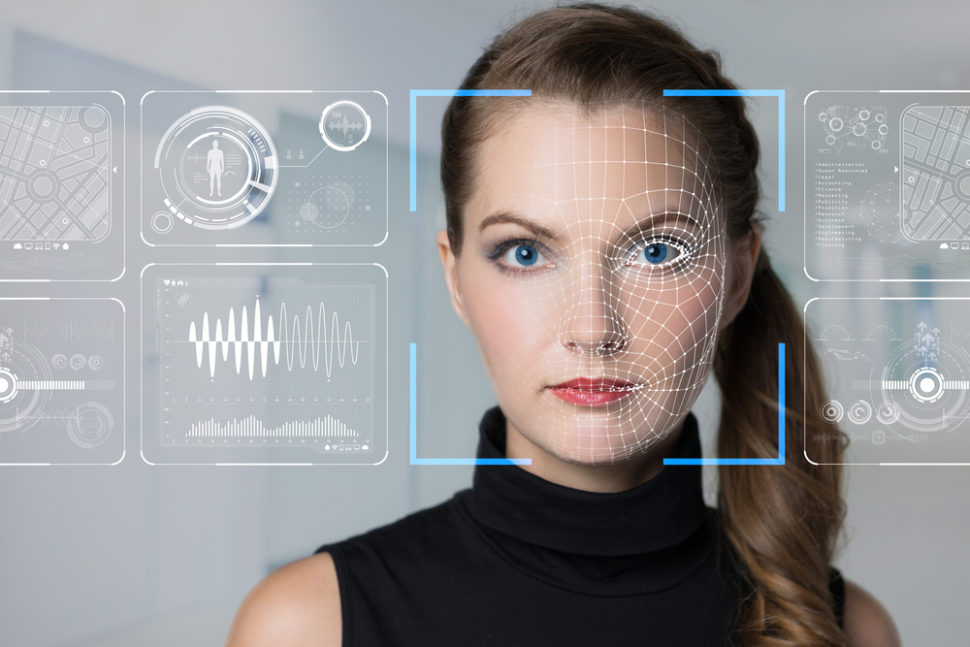A new study suggests that facial recognition experts become more accurate in identifying people with the help of artificial intelligence.
In a study published in the journal Proceedings of the National Academy of Sciences, researchers from the National Institute of Standards and Technology (NIST) and three other universities put the accuracy of facial recognition experts to the test.
The analysis led to one result — the human experts perform best when partnered with a computer rather than with other humans.
The study reportedly combined forensic science with psychology and computer vision to seek answers to the questions of how good facial recognition experts are and whether artificial intelligence could help them in performing their jobs.
“This is the first study to measure face identification accuracy for professional forensic facial examiners, working under circumstances that apply in real-world casework,” P. Jonathon Phillips, a NIST electronic engineer, said. “Our deeper goal was to find better ways to increase the accuracy of forensic facial comparisons.”
Currently, this NIST study, which was conducted in response to a 2009 report by the National Research Council that emphasized the need to gauge the accuracy of forensic examiners, is considered the most comprehensive testing “of face identification performance across a large, varied group of people.”
The result of the examination conducted between human and machine shows that neither could outperform each other. Instead, the maximum accuracy was only achievable when the two work together.
Read More: 98% Failure Rates: Why Police Facial Recognition is so Terrible
“Societies rely on the expertise and training of professional forensic facial examiners because their judgments are thought to be best,” Alice O’Toole, a professor of cognitive science at the University of Texas at Dallas and co-author of the study, said. “However, we learned that to get the most highly accurate face identification; we should combine the strengths of humans and machines.”
For the study, the researchers sought the help of around 184 participants, 87 of which were trained professional facial recognition experts and 13 super recognizers. The remaining 84, which includes 53 fingerprint examiners and 31 undergraduate students, made up the control group.
Each participant received 20 pairs of facial images which they rated based on the likelihood that each pair was the same person on a 7-point scale. The researchers reportedly selected extremely challenging pairs, utilizing photos taken under limited lighting conditions with vague expressions and appearance.
The study revealed that professional forensic examiners were significantly better than the untrained control group. This bolsters the scientific basis for their testimonies in court.
It also showed that combining the opinions of multiple forensic examiners did not offer the most accurate result as compared to the mixed judgment of human and machine.
“Our data show that the best results come from a single facial examiner working with a single top-performing algorithm,” Phillips explained. “While combining two human examiners does improve accuracy, it’s not as good as combining one examiner and the best algorithm.”
To date, the combined opinion of human examiners and machines has no real-world application. However, the researchers believe that their study could pave the way to improve the accuracy of face identification in all future systems.



















Comments (0)
Most Recent